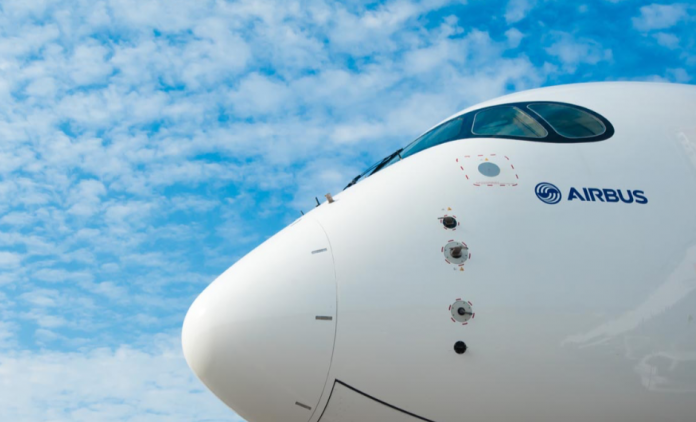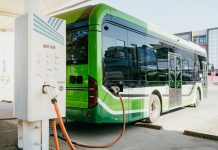Here, Open Access Government learns about the climate impact of aircrafts and how Airbus is on a committed journey towards sustainable aviation
Decarbonisation
Airbus has the ambition to develop the world’s first zero-emission commercial aircraft by 2035 to ensure future generations can enjoy flying as much as those who have gone before them.
It is stated on their website that “our work in electric flight has laid the groundwork for our future zero-emission commercial aircraft known as ZEROe. We are now exploring a variety of hybrid-electric and hydrogen technology options. Our approach is not only ambitious, but rather, a seismic shift for our industry.”
This announcement for the delivery of hydrogen-powered aircraft by 2035 goes hand in hand with the UK government’s announcements of a net-zero target by 2050. This is a great challenge but a great opportunity and will push the aviation sector towards completely carbon-free flying.
Product responsibility
This means finding a balance between social, economic and environmental commitments. Airbus’ approach to product responsibility begins at the design stage and continues across the entire lifecycle of a product, right up until end-of-life recycling.
Fostering a sustainable supply chain
About 8,000 direct and 18,000 indirect suppliers from more than 100 countries supply parts, components, systems and services to Airbus. This vast, global supplier network makes major contributions to value creation, economic prosperity and sustainable development in the communities in which they operate. Airbus suppliers thus have a significant impact on their sustainability performance. To mitigate risk within the extensive supply chain, Airbus requires its suppliers to meet the same environmental and social responsibility standards that they set for themselves, which are clearly outlined in the Airbus Supplier Code of Conduct.
Zero-emission technology in future aircraft
The aviation industry has committed to carbon-neutral growth starting from 2020. But as we know, this ambitious target cannot be achieved using existing aircraft technologies. Alternative propulsion systems and energy sources, and innovative solutions to existing challenges, are vital to significantly reducing CO2 emissions in future aircrafts. Future projects include:
- ZEROe.
- BLADE.
- Bluecopter.
- CityAirbus.
- E-Fan X.
- Racer.
Airbus has stated: “Today, aircraft emit 80% fewer CO2 emissions per seat kilometre than they did 50 years ago. They are also 75% quieter. We invest in R&D to take aircraft performance in fuel efficiency and noise reduction to the next level.”











